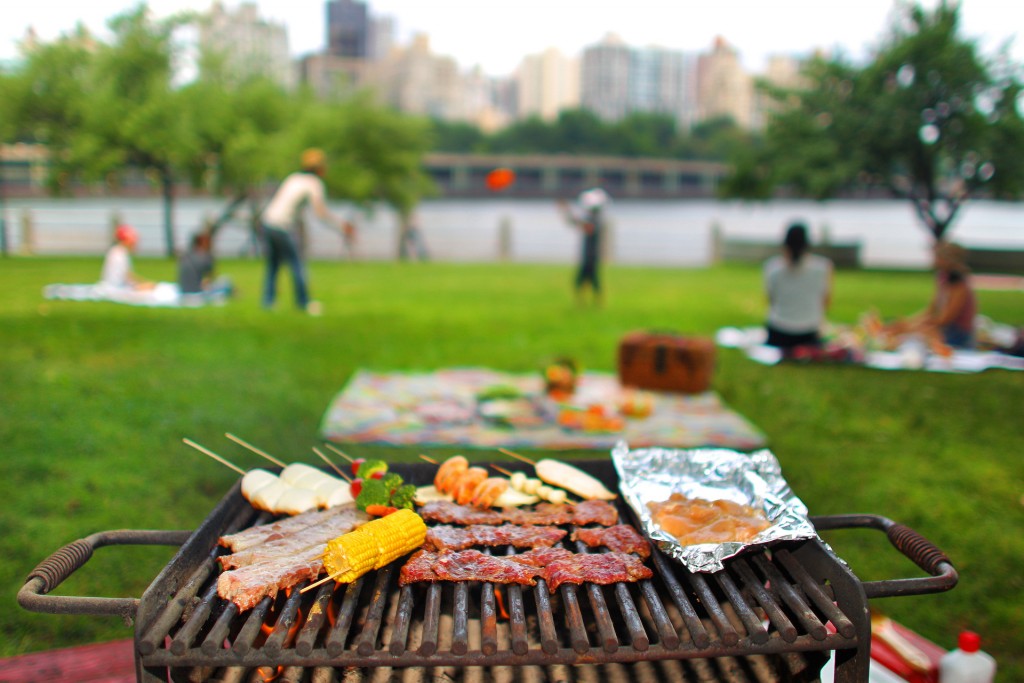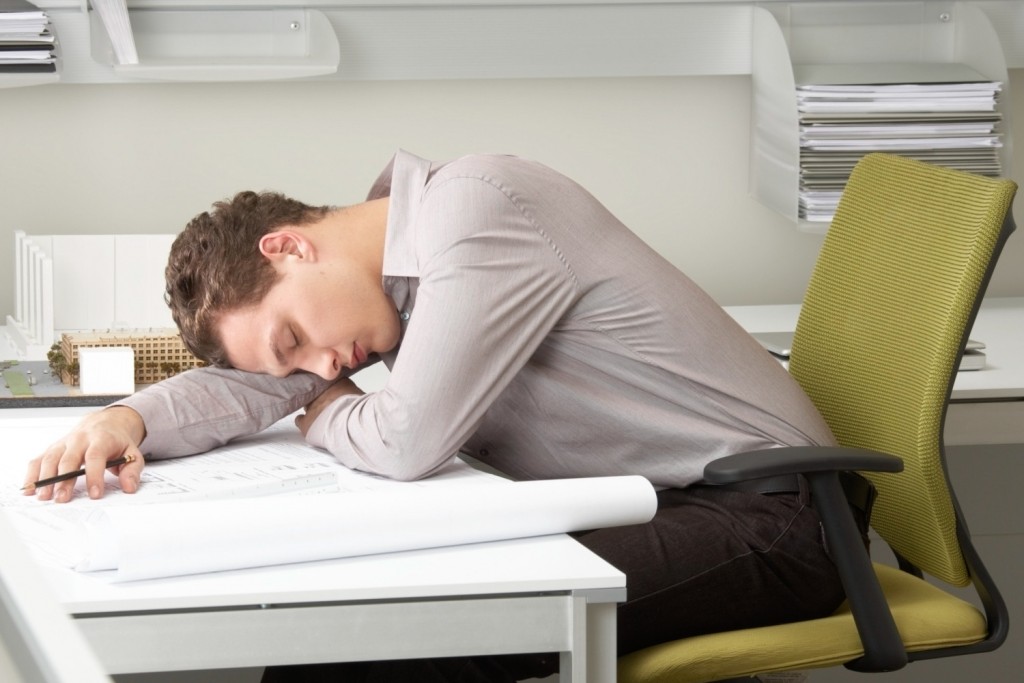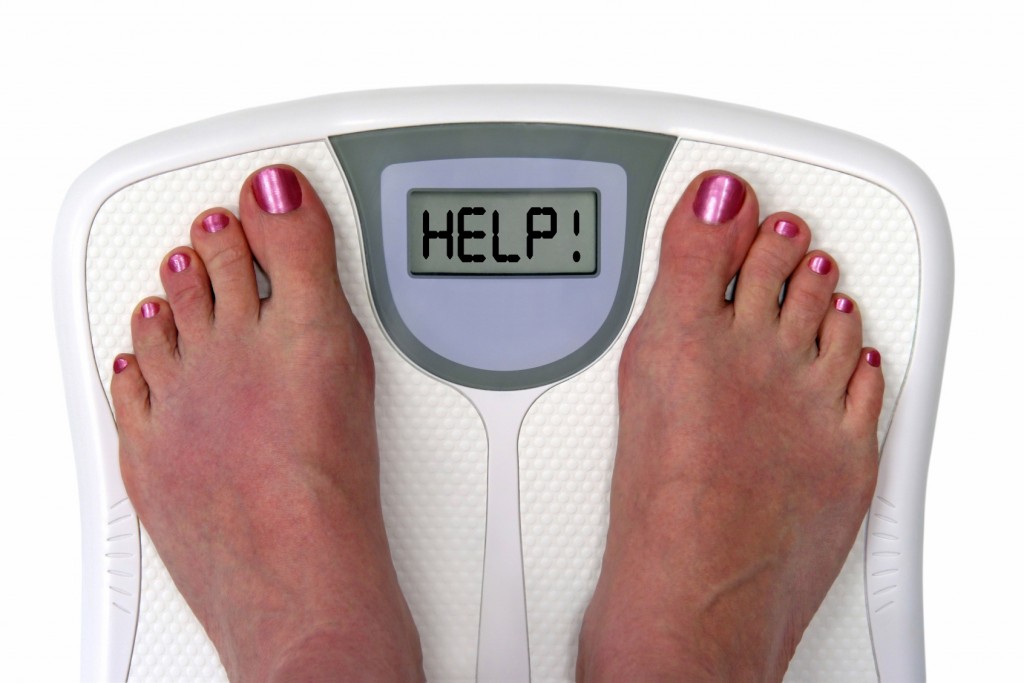the science of sleep
Share
Sleep is for the weak, they say – but in reality, there couldn't be an expression farther from the truth. Studies show that there's nothing better for the brain and body than a good night’s rest. Sleep is the most powerful means of rejuvenation, and the right amount of shut-eye can not only sharpen the mind, but also fight depression and lower the risk of cancer.
So what is the right amount then? And if we can’t get it, how can we maximize what Zzz’s we do get to really make them count? Ten Tree decided to took a look into the science of slumber, and its affects on good health. Here’s what we found out:
1) Get some light.
 Having trouble sleeping at night? It could be that you’re not getting enough natural light during the day. Long days in the office and then artificial light at night (from a TV or computer, for example) can throw the body totally out of whack. Opening windows and having lunch outside without sunglasses can be a big help.
Having trouble sleeping at night? It could be that you’re not getting enough natural light during the day. Long days in the office and then artificial light at night (from a TV or computer, for example) can throw the body totally out of whack. Opening windows and having lunch outside without sunglasses can be a big help.
2) Take power naps.
 There’s a reason why some companies like Google and Apple allow snoozes on the job. Studies show that a 10 to 15-minute siesta can do wonders for cognitive performance. The results are even more effective than caffeine.
There’s a reason why some companies like Google and Apple allow snoozes on the job. Studies show that a 10 to 15-minute siesta can do wonders for cognitive performance. The results are even more effective than caffeine.
3) Catching up on sleep doesn’t work.
 Sleeping in on the weekends doesn’t make up what you lost during the week. In fact, it can make it harder for your sleep-wake cycle to get a solid rhythm. During a busy week, it’s best to adjust your sleep schedule by no more than one to two hours at a time, and keep that same schedule on the weekends when possible.
Sleeping in on the weekends doesn’t make up what you lost during the week. In fact, it can make it harder for your sleep-wake cycle to get a solid rhythm. During a busy week, it’s best to adjust your sleep schedule by no more than one to two hours at a time, and keep that same schedule on the weekends when possible.
4) Sleep can be linked to weight gain.
 There are two hormones that regulate the body’s feelings of hunger and fullness, and both do their work while you’re unconscious. When the body’s not getting enough sleep, chances are you may feel more famished too. A lack of energy also often leads to unhealthy sugary snacks for a boost.
There are two hormones that regulate the body’s feelings of hunger and fullness, and both do their work while you’re unconscious. When the body’s not getting enough sleep, chances are you may feel more famished too. A lack of energy also often leads to unhealthy sugary snacks for a boost.
5) Sleeping pills aren’t a real fix.
 They’re still better than no sleep at all, but there’s no such thing as the perfect prescription. Sleeping pills can’t duplicate the complex chemicals that come in and out of the brain during a natural snooze. For some it may be impossible but these methods of falling asleep naturally are still definitely worth a try.
They’re still better than no sleep at all, but there’s no such thing as the perfect prescription. Sleeping pills can’t duplicate the complex chemicals that come in and out of the brain during a natural snooze. For some it may be impossible but these methods of falling asleep naturally are still definitely worth a try.